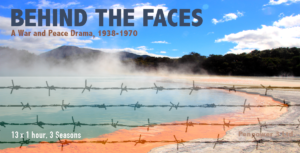
Behind the Faces – Series by Alan Duff
A 13 x 1 hour, 3 Seasons television drama series.
Three stories gradually converge: From America to New Zealand, the World War II battlegrounds of Crete and the Pacific, to a German P.O.W camp, a Japanese P.O.W camp.
Unlikely friendships and unions in war and peace.
New York, June 1938, heavyweight German boxer Max Schmeling challenges Joe Louis for his title. American media dub it: “Freedom versus Fascism,” call Max “Hitler’s stooge.” Some black Americans dare to hope a Louis victory might bring an end to segregation. Sparring partner, Karl Engel, has strong Aryan super-race views, not shared by Schmeling, whose loss upsets the Nazis.
In Mississippi, teenage Negro siblings Jess & Betty Hines witness a white mob tar and feather, thence lynch and burn a fellow Negro. Louis’ victory didn’t change a thing. Across the world in New Zealand, a couple walk through their thermally active village of Whaka in Rotorua, with their toddler daughter. Henry Takahe tells his wife he’s signed up for the war in Europe against Hitler.
At army training camp a white guy, Sam Hooper, becomes Henry’s best friend. In Egypt, their special stealth unit create minor havoc amongst Rommel’s troops. Crete the next battle ground. The Nazis conscript Max to humble paratrooper duty; a bad parachute landing on Crete breaks a leg. A large number of Kiwi soldiers are captured. Henry and Sam escape, on the run for months on a German killing spree. But they cannot kill teenage soldiers.
Jess, conscripted into the U.S. Marines, finds himself in New Zealand, a training camp for the Pacific  Campaign against the Japanese. Marines visit Whaka to see the thermal sights, showering locals with gifts and charm; show the women different dance steps. Jess meets Lena, wife of war-absent Henry Takahe. He’s sent off to fight in the steaming jungles of Burma. A child grows in Lena’s belly.
Campaign against the Japanese. Marines visit Whaka to see the thermal sights, showering locals with gifts and charm; show the women different dance steps. Jess meets Lena, wife of war-absent Henry Takahe. He’s sent off to fight in the steaming jungles of Burma. A child grows in Lena’s belly.
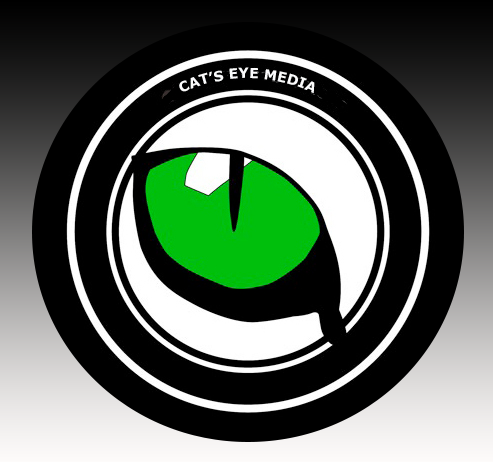
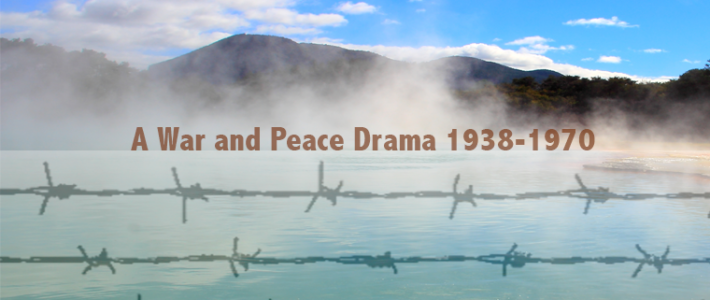

 Campaign against the Japanese. Marines visit Whaka to see the thermal sights, showering locals with gifts and charm; show the women different dance steps. Jess meets Lena, wife of war-absent Henry Takahe. He’s sent off to fight in the steaming jungles of Burma. A child grows in Lena’s belly.
Campaign against the Japanese. Marines visit Whaka to see the thermal sights, showering locals with gifts and charm; show the women different dance steps. Jess meets Lena, wife of war-absent Henry Takahe. He’s sent off to fight in the steaming jungles of Burma. A child grows in Lena’s belly.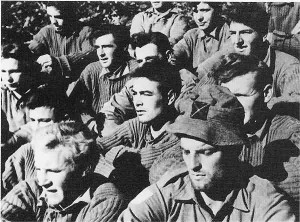 ecaptured, the Kiwi duo arrive to a POW camp lorded over by a bunch of London Cockneys led by a former boxer and criminal, Terry Hatton. Karl’s punishment for association with Schmeling is guard duty at the POW camp in Austria. Henry tries to bust up Terry’s rule and gets soundly whipped. Sam is next. Karl sets aside his racial views and teaches Henry how to box.
ecaptured, the Kiwi duo arrive to a POW camp lorded over by a bunch of London Cockneys led by a former boxer and criminal, Terry Hatton. Karl’s punishment for association with Schmeling is guard duty at the POW camp in Austria. Henry tries to bust up Terry’s rule and gets soundly whipped. Sam is next. Karl sets aside his racial views and teaches Henry how to box. ll on earth. Whites still despise blacks. Jess’s extraordinary dance and song routine so often saves his fellow POWs from certain death he wins the whites’ respect. His child back in Whaka, New Zealand, has his 1st birthday. His sister Betty is lynched by a white mob.
ll on earth. Whites still despise blacks. Jess’s extraordinary dance and song routine so often saves his fellow POWs from certain death he wins the whites’ respect. His child back in Whaka, New Zealand, has his 1st birthday. His sister Betty is lynched by a white mob.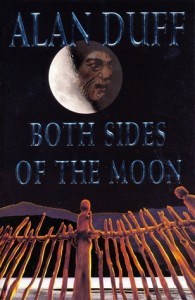
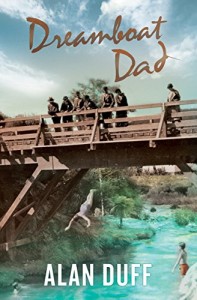
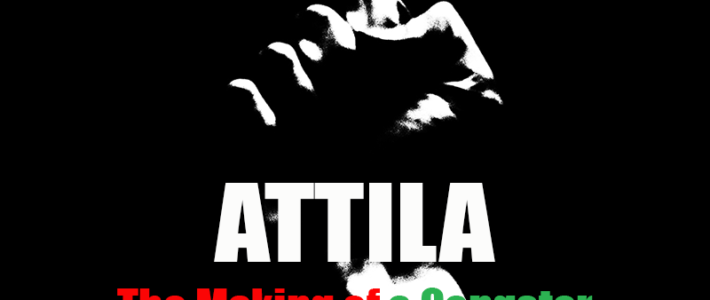
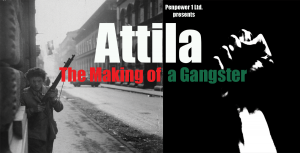
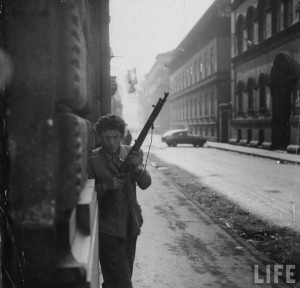 ly informs Aranka that her husband was shot dead in prison when involved in a riot. She and Attila become lovers. She starts turning Friss away and he does not like it.
ly informs Aranka that her husband was shot dead in prison when involved in a riot. She and Attila become lovers. She starts turning Friss away and he does not like it.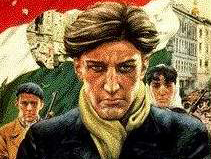 In London 1963, the stolen money buys Attila first one pub then another. Business booms. Stefan gets into trouble at school, fighting. That brings in a cop, Des Stanford, who is corrupt and greedy. Attila’s Cockney girlfriend introduces him to criminal veteran, Freddie Holman, who sees off some shakedown thugs in violent fashion. A cop on the take gets hungrier. Attila and Freddie set up a card school in the basement of the city pub. It takes off.
In London 1963, the stolen money buys Attila first one pub then another. Business booms. Stefan gets into trouble at school, fighting. That brings in a cop, Des Stanford, who is corrupt and greedy. Attila’s Cockney girlfriend introduces him to criminal veteran, Freddie Holman, who sees off some shakedown thugs in violent fashion. A cop on the take gets hungrier. Attila and Freddie set up a card school in the basement of the city pub. It takes off.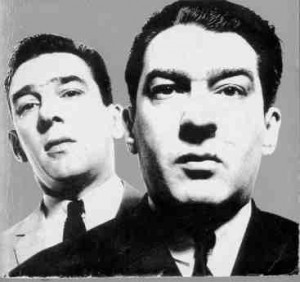



Recent Comments